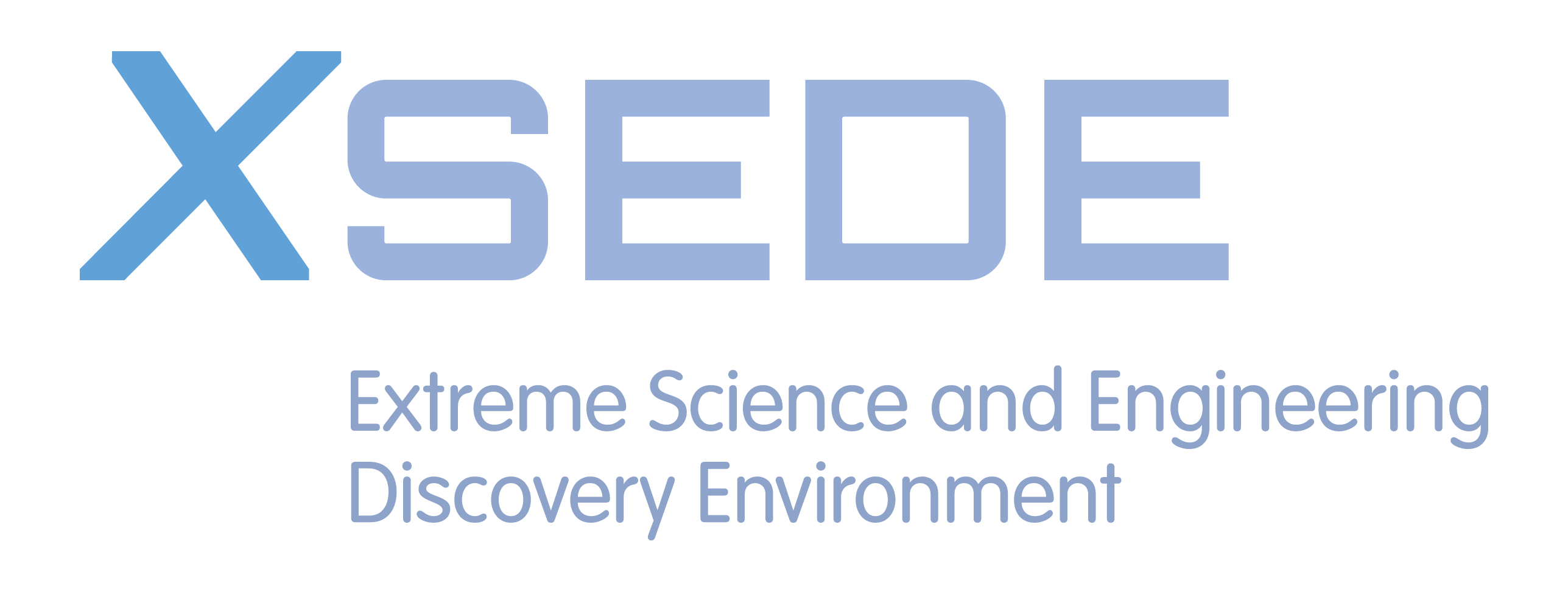
Bioinformatics
(BGGN 213, Fall 2023)
Overview
Bioinformatics - the application of computational and analytical methods to biological problems - is a rapidly maturing field that is driving the collection, analysis, and interpretation of the avalanche of data in modern life sciences and medical research.
This course is designed for bioscience graduate students and provides a hands-on introduction to the computer-based analysis of genomic and biomolecular data.
Major topics include:
- Genomic and biomolecular bioinformatic resources,
- Genome informatics,
- Structural informatics,
- Transcriptomics,
- UNIX for bioinformatics, and
- Bioinformatics data analysis with R.
A detailed listing of all course topics is available and includes a guest lecture from a genomic scientist at Illumina Inc., Synthetic Genomics Inc., Human Longevity Inc., or the La Jolla Institute for Allergy and Immunology subject to student voting preferences.
Students completing this course will be able to evaluate new genomic and biomolecular information using existing software and gain experience in combining bioinformatic approaches to answer specific biological questions. Our broader goal is to point towards perspectives that bioinformatics can expose for the integration and analysis of complex biological information. For further details please see our complete list of course objectives and specific learning goals.
Audience:
Bioscience graduate students and others familiar with basic molecular biology concepts. No formal programming training or high level mathematical skills are required.
Accessibility:
We are committed to making this course accessible to everybody. Please contact Prof. Grant bjgrant@ucsd.edu if you have questions regarding room accessibility.
Requirements:
To fully participate in this course students will be expected to use their own laptop computers with specific freely available software installed. A limited number of classroom computers are also available should the need arise.
Schedule:
N.B. This quarter, BGGN-213 will be offered in-person only on Wednesday and Friday at 1:00 - 4:00 pm in TATA 2501 (Map). Additional video lectures, screencast lab review sessions and supporting material will be available via this website on a weekly basis throughout the quarter. A detailed schedule with class related material is provided online.
Class announcements:
All announcements regarding the course will be by email to your UCSD address. We will also be using Piazza to facilitate course communication, particularly around questions and answers. If you have a question outside of class or office hours, first check if it has already been asked on Piazza and if not post there. If you have a question or concern you don’t feel comfortable posting on Piazza feel free to reach out via email.
Office hours:
We will use Zoom on a weekly basis at a time to be determined from student polling. For now email me for a time and we will make it happen.
Textbook:
There is no textbook for the course. Lecture notes, homework assignments, grading criteria, pre-class screen casts and required reading material will be available from this public facing course website.
Syllabus:
A detailed syllabus with topic outlines and learning goals is available for download.
Surveys:
Please help us improve this course by completing by completing these surveys before and after the course. Thank you!
Acknowledgments:
In addition to working on personal laptops we will also be using remote supercomputing resources for analyzing bioinformatics data at scale. Our use of these resources is kindly supported by NSF/XSEDE grant allocation TG-BIO170077.
To further support learning data analysis with the R environment we gratefully acknowledge support from DataCamp. DataCamp are providing our enrolled students with access to over 300 hours of data science videos and interactive coding challenges aimed at strengthening their data science skills.
Additional key resources
Key resources for students in this class include:
Piazza our main Q&A forum.
GradeScope for assignment and lab report submission and grading.
GradeBook check your assignment and lab scores to date.
Schedule complete listing of class related material.
Syllabus PDF format guide to the course.
Note that these resources are also linked to at the bottom of the navigation sidebar found on every page via the Q&A, GradeScope, YouTube and email icons.
Selected screencast videos
These short (sub 10 minute) videos are available for students to watch before class and are designed to help address potential variability in student background knowledge and aid with class inclusivity.
See Screen Cast Videos for more




